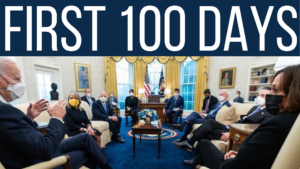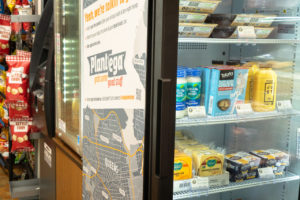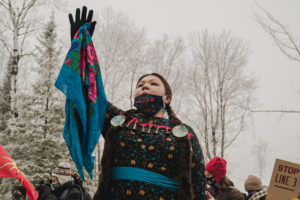Imagine being able to make more ethical purchasing decisions on the spot?
By adopting a new and more transparent system, Blockchain, consumers can make more socially responsible purchases to drive significant change.
Think if you could trace your daily cup of coffee purchase from a big coffee conglomerate to the synthetic fertilizer they purchase to grow their coffee? Or to the paycheck of the laborer who is receiving just $2.00/day to spread that toxic fertilizer?
On the other hand, what if you could purchase a cup of coffee from a free-trade coffee company and trace your coffee purchase to the charitable funds they are giving back to support their employee’s communities? Would that change your mind on which coffee company you select for your regular ol’ cup of joe?
By unveiling the details associated with daily transactions, Blockchain could open a whole new world of ethical purchasing decisions that could drive social and economic change by holding big corporations accountable.
The key is transparency.
By increasing transparency in your every-day transactions and connecting point “A” to point “Z” quickly and easily, we can impact the way irresponsible companies contribute to current critical issues such as climate change.
The first step to achieving this is to accept a new system.
Breakaway from the conventional and corporate big banks who inadvertently profit from irresponsible companies, and still operate in an archaic system dating back to 1791. We need to align with where we are at with the rest of the world and move to a fully digital financial system by leveraging Blockchain.
Created in 1991, Blockchain is a public record of data stored on multiple servers owned by individuals worldwide. This record of data is stored as “blocks,” each of which is assigned a unique identifier that’s validated by all servers in the network. This validation traces the transaction and ensures its security.
However, when you, I, or a corporation, make a transaction, that data is sent to our bank to verify the funds are there and available for transfer. This means that the data can be altered or changed because it’s typically entered by an individual, leaving the door open for human error or fraudulent activity. Additionally, our data is less secure and accessible.
But since independent locations verify each Blockchain transaction and all transactions are traced, it holds each purchaser to a higher standard. And in turn, empowers the purchaser to make better and more ethical purchasing decisions.
Blockchain is the way to go. The possibilities are exciting and endless.
Written by Charles Berlin, SVP Finance at Effect.



